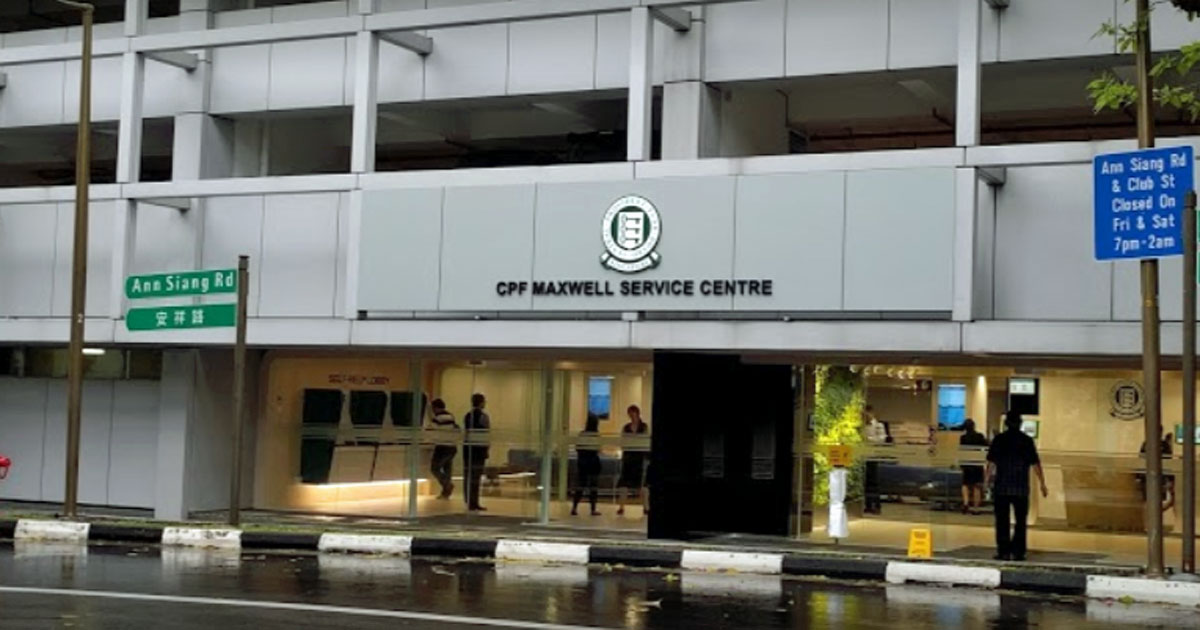The identity of a 45-year-old Singaporean woman, who claimed she was suicidal, was publicly revealed by the Singapore authorities recently.
The joint statement was issued by the Central Provident Fund Board, Housing & Development Board, Ministry of Education, Ministry of Health, and Ministry of Social and Family Development.
The disclosure was prompted after the woman had given interviews to various media, both mainstream and online, to relate her plight with her health and not having enough money, while only identified by her pseudonym.She also said she had attempted suicide multiple times just so her family could have been able to retrieve as a lump sum her Central Provident Fund (CPF) monies from her account, in the event she succeeds.
Rationale for outing woman's identity
In response to media queries, as well as to address questions and concerns from the public that the authorities had violated the privacy of an at-risk woman, a press statement was issued by the Smart Nation and Digital Government Office on Friday evening, Dec. 27, 2019 via a Facebook post:
Woman can challenge government's account
The statement said the release of personal details was "necessary to provide public with correct and relevant facts".
The statement highlighted that it was The Online Citizen that first published an article on Dec. 17 on the woman, who they named "Ms Sua", but had omitted key facts and contained misleading statements.
The statement continued: "Some specific personal information was disclosed in order to convey verifiable facts and to enable the individual to challenge the Government’s account of the case, if need be."
Moreover, the law permits the disclosure of the person's identity when it is in the public's interest.
"Such lawful, necessary disclosure of information should not be conflated with unauthorised breaches of citizens’ data, which all public agencies, including the CPF Board, are fully committed to safeguard against," the statement added.
However, the statement did not address the concerns that the public disclosure of identity could have negatively impacted the at-risk woman or her family.
It was previously reported that the woman has a 22-year-old daughter studying in a local polytechnic, as well as a 75-year-old father and 72-year-old mother.
You can read the full statement below:
PRESS STATEMENT BY THE SMART NATION AND DIGITAL GOVERNMENT OFFICE
Release of personal details necessary to provide public with correct and relevant facts:
We have received queries from the media regarding the Government’s policy on the disclosure of personal data in certain cases of public interest.
The Online Citizen first published an article on Ms Sua on 17 Dec 2019 which omitted key facts and contained misleading statements. The relevant public agencies jointly issued a clarification to provide the full picture to the public. Some specific personal information was disclosed in order to convey verifiable facts and to enable the individual to challenge the Government’s account of the case, if need be.
The law permits such disclosure, including the identity of the individual, in the public interest. Public agencies have a duty to preserve the public trust reposed in them and to ensure that citizens are not misled.
Similarly, the Personal Data Protection Commission permits companies to disclose relevant personal information about an individual in a public forum, in order to counter false or misleading allegations from that individual in the same forum. This gives the companies an opportunity to clear the air for themselves, and convey the facts of the case to the public.
Such lawful, necessary disclosure of information should not be conflated with unauthorised breaches of citizens’ data, which all public agencies, including the CPF Board, are fully committed to safeguard against. Public agencies abide by the data protection regulations under the Public Sector (Governance) Act and in the Government Instruction Manuals. These are no less stringent than the requirements of the Personal Data Protection Act (PDPA) which apply to the private sector.
Top photo via
If you like what you read, follow us on Facebook, Instagram, Twitter and Telegram to get the latest updates.
